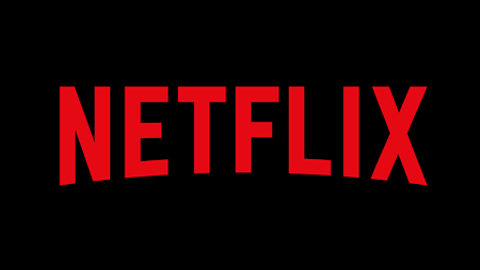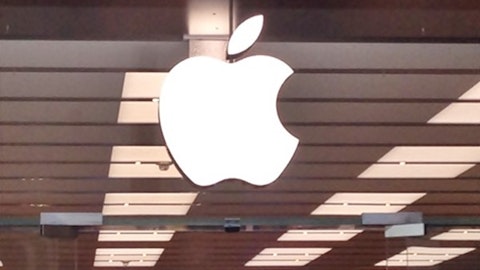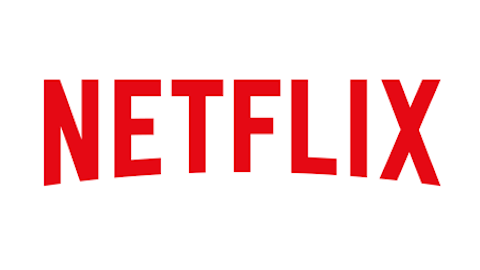David Wells, CFO, Netflix, Inc. (NASDAQ:NFLX)
Sure Mark. I think one thing that I would add to what Reed and Ted talked about in terms of our incremental confidence in international is that our Originals programming continues to be highly engaged across markets outside the US. We thought it might be based on the type of content that those markets were enjoying but we just didn’t know, and now we’ve had another year of experience in Originals. We see that the Originals are in the top list of content watched in all those markets. So, it gives us more confidence that when we make something we produce, we incur those production costs, but it will be an asset that can be enjoyed across markets and across a bigger and bigger set of international markets.
I would say the incremental lessons for us had been — the payments lessons we’ve learned and we continue to grow and address each individual market separately because they all seem to have different challenges. The types of programming in each market I think Ted’s team is getting smarter and smarter and we’ve become incrementally better in terms of knowing what to license upfront, what to add in terms of licensing over 12-24 months to make the contents better and better.
Mark Mahaney, RBC Analyst
Can I add a brief follow-up and just bring the question back to Reed then? So Reed, is the point the Netflix is really selling two universal goods: one, is streaming and the second is streaming of this content that has universal appeal, a lot of which is US content but not all of it, but the most popular shows in one market pretty mark largely transfer to be contents in other markets as well. Is that a kind of a secret sauce?
Reed Hastings, CEO, Netflix, Inc. (NASDAQ:NFLX)
Well certainly true on that first part of what you said which is the magic of streaming is on demand, the control — being able to binge on episodes, watch a movie in the middle of the night — and that is a very universal truth, which is even stronger in developing markets where television is not as advanced as it might be, say, in the US or France. And so the more that we expand out of that footprint, the more we are deferentially great with the interactive side.
Then in terms of the content, it’d be easy to over-generalize from our experience in Western Europe and Latin America. There’s some content like House of Cards that really does carry around world. It’s not on our service in China but it’s been tremendously popular in China. But not every piece of content will carry equally well. But we’ve certainly been impressed on how there’s a segment of the market in every country that follows Western, Hollywood, British content and then we’re augmenting that with all kinds of local programming.
So it is not quite as simple as we do our Originals, that’s the whole things, it’s everywhere. But that is at least a two-thirds impact. Ted, maybe you can add some color on how we look at the markets beyond Western Europe.
Ted Sarandos, Chief Content Officer, Netflix, Inc. (NASDAQ:NFLX)
Yeah, it’s been so encouraging how truly global these brands have been. So when we started setting — when we set out our Original programming from the beginning, obviously our market’s were pretty limited and we were thinking about then is mostly US shows and that they would travel like other US shows have. We have been really enthused to see, particularly in our Western European launches, show like Orange is the New Black and House of Cards, even in later seasons, performing tremendous for us because people hadn’t gotten around to seeing them yet and we could get the brand out there and push it out there.




